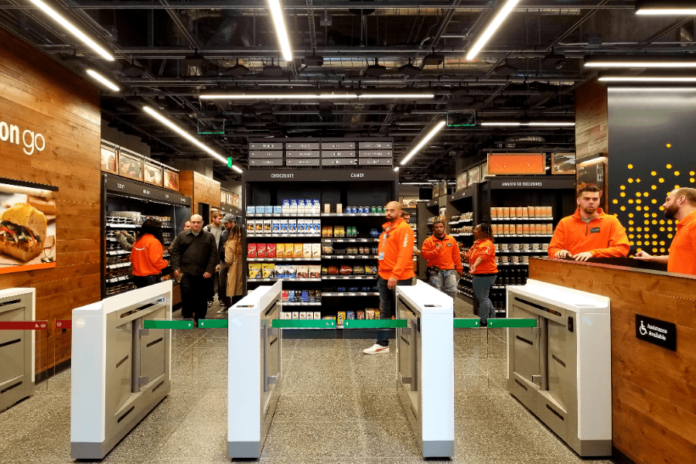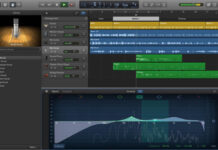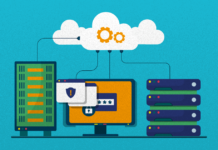The concept of the Industrial Internet of Things (IIoT) is nothing new as it is already reshaping and revolutionizing industries all over the world. With the evolution of the internet, the way businesses operate has changed drastically. Today, irrespective of the type and size of the company, IoT is revolutionizing almost every industry. In fact, almost every large company (with 1,000 employees or more) is presently using or planning to use IoT technologies.
As you might already know, the Internet of Things (IoT) is a network of connected physical objects embedded with sensors so that devices can communicate, analyze and share data via networks and cloud-based software platforms. The Industrial IoT has the potential to collect data that can be leveraged to enhance efficiency, improve customers’ experience, and gain insights into new ways of doing business. The functions of IoT are not confined to any particular industry as from manufacturing to logistics; IoT is capable of transforming every aspect of business operations. And of all the different industries, retail is one of the leading adopters of this innovative technology.
In the retail industry, IoT offers numerous new opportunities from automation of warehouse operations to improving consumer services. With applications such as smart shelves to detect low inventory and use of RFID sensors to track goods throughout the supply chain, it seems IoT is going to transform the retail sector. So, if you want to know how IoT is changing the retail industry for better, here are the top 4 application of IoT.
- Predictive Equipment Maintenance
IIoT is immensely helpful to provide predictive equipment maintenance data which ensures better energy management, preventing equipment failure, as well as avoiding other problems before they occur. When equipment used in warehouses and grocery stores such as refrigeration units and HVAC systems are installed with sensors, it can help the management in detecting potential maintenance issues before they become a major problem. This also ensures saving power consumption, as well as maintaining the right temperature to ensure food safety.
- Improved Supply Chain Management
For tracking the movement of goods from the point of manufacturing until the time a customer buys it, RFID tags and GPS sensors can provide valuable information. These IoT solutions offer real-time information about transportation duration, the temperature at which the product was stored, and much more.
- Modernize Warehouse
For the warehouse employees, the biggest challenge is finding a product for shipment manually through hundreds of isles. To ease this complex task, it’s necessary to develop a system that can keep track of inventory and guide the workers to the exact location. As such, to speed up the warehouse operations and track inventory, sensors and RFID technology can provide real-time data to ensure proper flow of operations. In addition to this, IoT solutions also help in inventory management to avoid problems of stock-outs and overstock.
- Superior Customer Service
To improve the experience of the customers, IoT applications are helping brick and mortar retailers. With the help of data gathered from video surveillance cameras, mobile devices, and social media websites, the merchants can analyze and predict the behavior of their customers. This results in improving customer services and increasing business efficiency.





















